From The Blog
-
ConnectWise Slash and Grab Flaw Once Again Shows the Value of Input Validation We talk to Huntress About its Impact
Written by Sean KalinichAlthough the news of the infamous ConnectWise flaw which allowed for the creation of admin accounts is a bit cold, it still is one that…Written on Tuesday, 19 March 2024 12:44 in Security Talk Read 689 times Read more...
-
Social Manipulation as a Service – When the Bots on Twitter get their Check marks
Written by Sean KalinichWhen I started DecryptedTech it was to counter all the crap marketing I saw from component makers. I wanted to prove people with a clean…Written on Monday, 04 March 2024 16:17 in Editorials Read 1569 times Read more...
-
To Release or not to Release a PoC or OST That is the Question
Written by Sean KalinichThere is (and always has been) a debate about the ethics and impact of the release of Proof-of-Concept Exploit for an identified vulnerability and Open-Source…Written on Monday, 26 February 2024 13:05 in Security Talk Read 1103 times Read more...
-
There was an Important Lesson Learned in the LockBit Takedown and it was Not About Threat Groups
Written by Sean KalinichIn what could be called a fantastic move, global law enforcement agencies attacked and took down LockBit’s infrastructure. The day of the event was filled…Written on Thursday, 22 February 2024 12:20 in Security Talk Read 1074 times Read more...
-
NetSPI’s Offensive Security Offering Leverages Subject Matter Experts to Enhance Pen Testing
Written by Sean KalinichBlack Hat 2023 Las Vegas. The term offensive security has always been an interesting one for me. On the surface is brings to mind reaching…Written on Tuesday, 12 September 2023 17:05 in Security Talk Read 2123 times Read more...
-
Black Kite Looks to Offer a Better View of Risk in a Rapidly Changing Threat Landscape
Written by Sean KalinichBlack Hat 2023 – Las Vegas. Risk is an interesting subject and has many different meanings to many different people. For the most part Risk…Written on Tuesday, 12 September 2023 14:56 in Security Talk Read 1842 times Read more...
-
Microsoft Finally Reveals how they Believe a Consumer Signing Key was Stollen
Written by Sean KalinichIn May of 2023 a few sensitive accounts reported to Microsoft that their environments appeared to be compromised. Due to the nature of these accounts,…Written on Thursday, 07 September 2023 14:40 in Security Talk Read 2114 times Read more...
-
Mandiant Releases a Detailed Look at the Campaign Targeting Barracuda Email Security Gateways, I Take a Look at What this all Might Mean
Written by Sean KalinichThe recent attack that leveraged a 0-Day vulnerability to compromise a number of Barracuda Email Security Gateway appliances (physical and virtual, but not cloud) was…Written on Wednesday, 30 August 2023 16:09 in Security Talk Read 2091 times Read more...
-
Threat Groups Return to Targeting Developers in Recent Software Supply Chain Attacks
Written by Sean KalinichThere is a topic of conversation that really needs to be talked about in the open. It is the danger of developer systems (personal and…Written on Wednesday, 30 August 2023 13:29 in Security Talk Read 1879 times Read more...
Recent Comments
- Sean, this is a fantastic review of a beautiful game. I do agree with you… Written by Jacob 2023-05-19 14:17:50 Jedi Survivor – The Quick, Dirty, and Limited Spoilers Review
- Great post. Very interesting read but is the reality we are currently facing. Written by JP 2023-05-03 02:33:53 The Dangers of AI; I Think I Have Seen this Movie Before
- I was wondering if you have tested the microphone audio frequency for the Asus HS-1000W? Written by Maciej 2020-12-18 14:09:33 Asus HS-1000W wireless headset impresses us in the lab
- Thanks for review. I appreciate hearing from a real pro as opposed to the blogger… Written by Keith 2019-06-18 04:22:36 The Red Hydrogen One, Possibly One of the Most “misunderstood” Phones Out
- Have yet to see the real impact but in the consumer segment, ryzen series are… Written by sushant 2018-12-23 10:12:12 AMD’s 11-year journey to relevance gets an epic finish.
Most Read
- Microsoft Fail - Start Button Back in Windows 8.1 But No Start Menu Written on Thursday, 30 May 2013 15:33 in News Be the first to comment! Read 116518 times Read more...
- We take a look at the NETGEAR ProSafe WNDAP360 Dual-Band Wireless Access Point Written on Saturday, 07 April 2012 00:17 in Pro Storage and Networking Be the first to comment! Read 87453 times Read more...
- Synology DS1512+ Five-Bay NAS Performance Review Written on Tuesday, 12 June 2012 20:31 in Pro Storage and Networking Be the first to comment! Read 82010 times Read more...
- Gigabyte G1.Sniper M3 Design And Feature Review Written on Sunday, 19 August 2012 22:35 in Enthusiast Motherboards Be the first to comment! Read 80320 times Read more...
- The Asus P8Z77-M Pro Brings Exceptional Performance and Value to the Lab Written on Monday, 23 April 2012 13:02 in Consumer Motherboards Be the first to comment! Read 70967 times Read more...
Displaying items by tag: Desktop
Intel Pushes 14nm Broadwell Back to 2H 2014
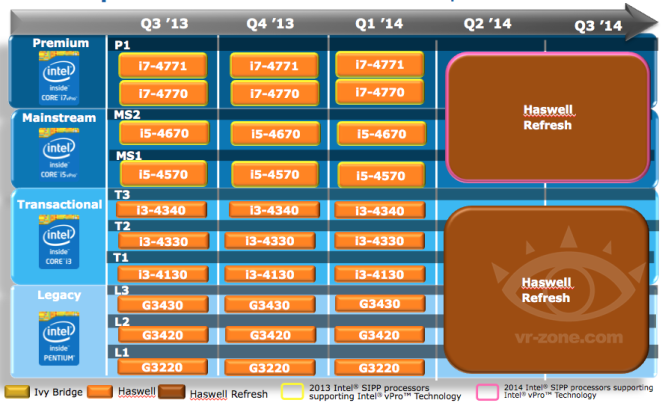 |
A Rumor popped up today that claims that Intel’s 14nm Broadwell might be pushed back to 2H 2014. This information comes as a slide that was posted on the site VR-Zone. In the slide it seems to show that the second generation of Haswell is now slated for release later than originally expected 2Q 2014 and with Boradwell slipping with it. The new information (if accurate) means that Intel will be pushing back their expected “tick” for desktop and dropping in a refresh instead (another “tock”?).
New Asus AIO duo
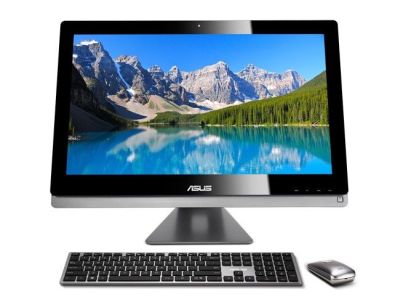 |
Asus at the Computex show introduced two new all-in-one computers. Computers come with a 23 or 27 inch screen, and are equipped with the latest generation of Intel processors (codenamed Haswell).
Consumers Confused By Terms and Products and Hardware Choices
 |
One of the great arguments in the PC industry is always who (or what) is faster. We all want to know what CPU, GPU, HDD, SDD, etc., is the fastest. We might not be able to buy that particular product, but we want to know, and we will scour the internet in the hopes of finding out which is truly the king. In these cases, the issue is often settled by the smallest margin (1-2 frames per second) which might not even be noticeable to the average person. However, there is a new term that is being swapped out for speed, and that is responsiveness. Unfortunately, responsiveness is not the same as speed or power, but this term is being used very often. During a recent trip to a local box store it was used to push a system that while responsive, was actually quite slow when put it to the test.
Intel to Exit the Desktop Motherboard Market In Three Years
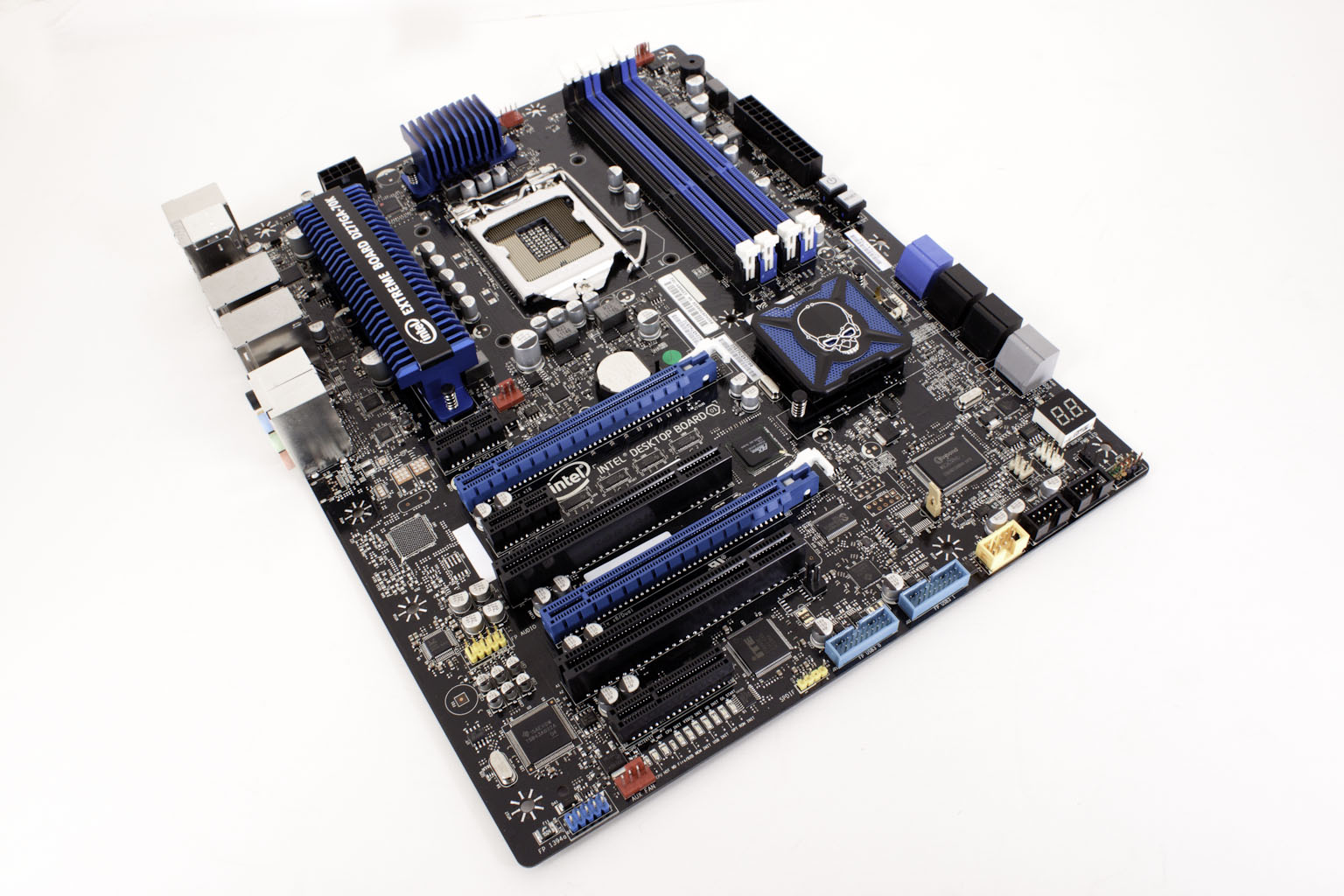 |
Today Anandtech had an announcement from Intel about a reduction to their desktop motherboard business with a ramp down planned over the next three years. This means that Intel will begin to bow out of this market slowly with an expected exit sometime around 2016. Intel will continue to work with third party manufacturers in the design and build of their boards including the development of reference boards for new form factors (like the one used for the Next Unit of Computing). The question is; what will this mean to both Intel and the rest of the desktop market? In truth it means very little to the majority of the market, but it is significant in many ways.
Microsoft Claims Windows 8 Is Better Than Windows 7, But Fails To Provide Reference Data And Hardware Specs
 |
Gamers there is great news for you! According to Microsoft your text will now render up to 336% faster than in Windows 7! This means that if you are playing a text based game you are going to get blazing fast performance. Although not related to gamers the announcement that Windows 8 now renders text faster than Windows 7 due to DirectWrite has been used to create headlines that read Windows 8 Smokes Windows 7. Unfortunately Microsoft is only talking about 2D graphic and the user interface. Microsoft has also done something that is very disingenuous; they used percentages instead of raw numbers.
Windows 8 Is Great For Touch, But Bad On The Desktop
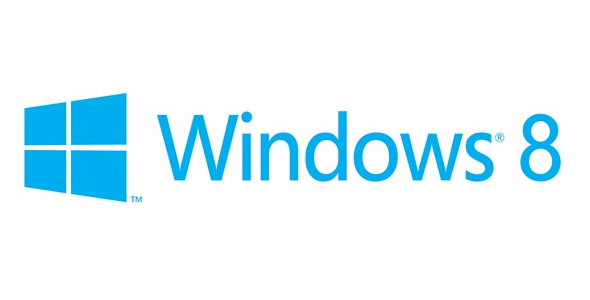 |
Although we have been saying this for months we are glad to finally see someone else pick on the fact that Microsoft has forgotten their most important market segment. We are talking about businesses and the enterprise. When we first saw Windows 8 and its MetroUI we were not a fan at all, this is because our first interaction with it was on a desktop PC where the keyboard and mouse controls were awkward and cumbersome. When we put the initial build (the original release from the build conference) onto our Asus EEE Slate EP121 we had a little better luck, but many of the touch and gesture controls were not working and we had to abandon the attempt and go back to Windows 7.
Micrsoft Announces the Release of Visual Studio 2012 Express For Desktop, Finally
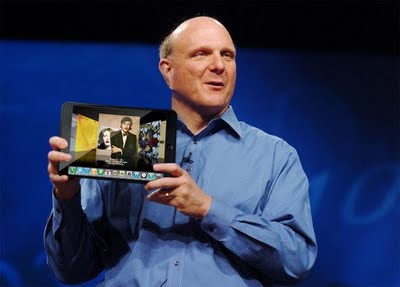 It seems that Microsoft might actually be listening to some of the criticism that has been flowing about their next generation operating systems. A few days ago we reported that Microsoft had made the decision to ship Visual Studio Express 2012 with support for Metro Apps only. This upset a large portion of the development community and was lambasted across the internet as a very dumb move.
It seems that Microsoft might actually be listening to some of the criticism that has been flowing about their next generation operating systems. A few days ago we reported that Microsoft had made the decision to ship Visual Studio Express 2012 with support for Metro Apps only. This upset a large portion of the development community and was lambasted across the internet as a very dumb move.
It’s the same old, same old again…
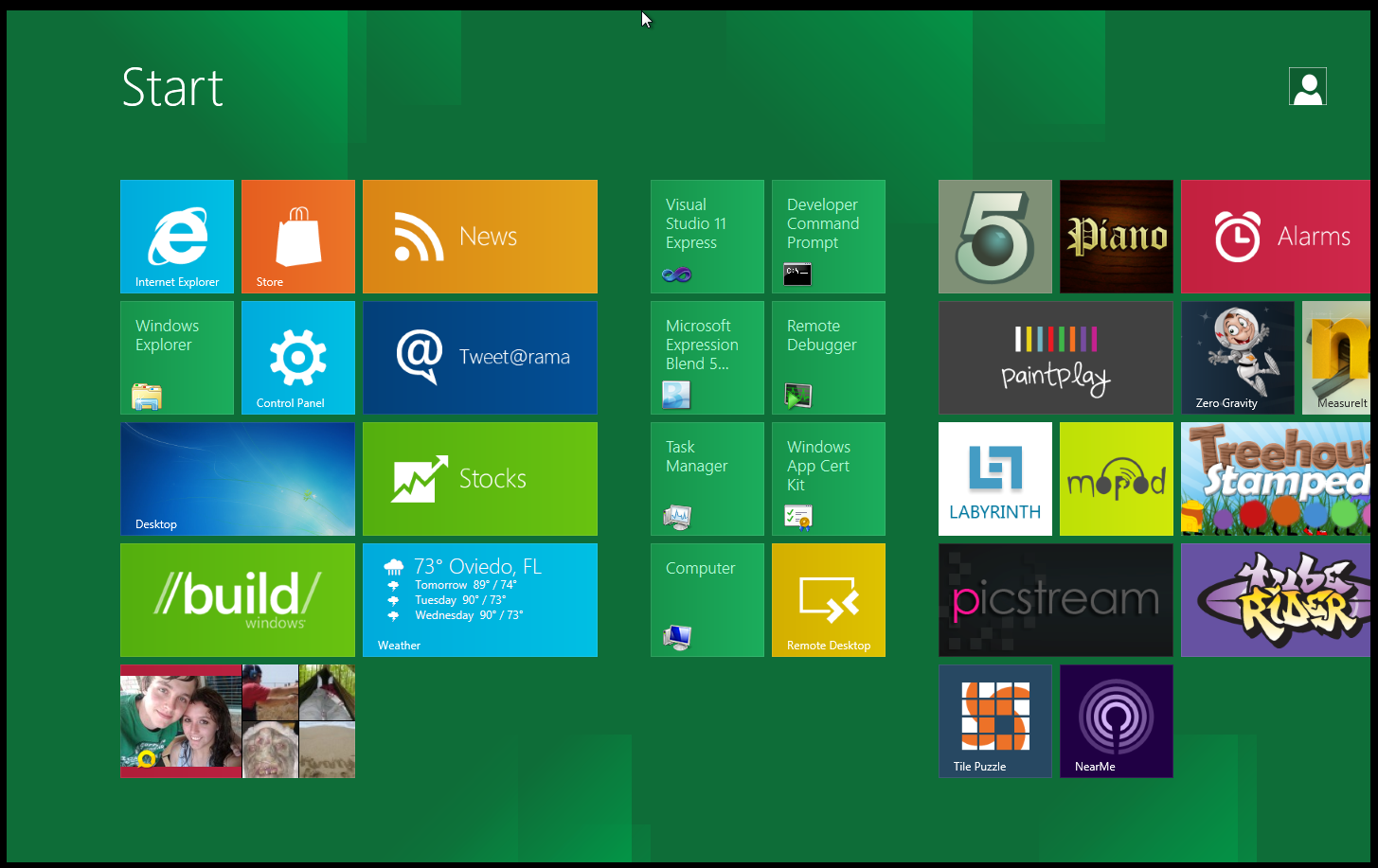 Now that Windows 8 has hit the “general public” in the form of a developer’s preview we are starting to see the internet community chime in about whether they like it or not. I have been reading quite a bit of this (as you can imagine) and have been struck once again by how people complain about, yet resist and fear any type of change.
Now that Windows 8 has hit the “general public” in the form of a developer’s preview we are starting to see the internet community chime in about whether they like it or not. I have been reading quite a bit of this (as you can imagine) and have been struck once again by how people complain about, yet resist and fear any type of change.
I have been working in the IT industry since the birth of Windows 3.0 one of my first large scale projects was implementing Windows 3.11 for workgroups into Fort Riley during my time with the US Army. I can remember the grumbling prior to this “new” software coming in about how the current system was terrible because it could not do this or that. When we brought Microsoft in (we even brought the early components of Office in) the same people that complained about the current UNIX based system were suddenly its biggest fan. I can remember one clerk who complained loudly and often about the system suddenly thought it was the best one we had. She did not like the new Windowed interface and Word was just horrible compared to her usual word processing application (which was called Wordstar).
Now take a big jump forward in time; Windows 8 is a rebuilt OS with a new (although somewhat cheesy) UI. Microsoft has really put in some effort to move with the market and change the OS to meet the needs of the new tablet based consumer. If you think about it more and more people are moving in the direction of the tablet/smart phone for their day to day needs. I am not saying it is there for productivity but for the general computing people do the tablet is the ideal platform. Microsoft HAD to change and reinvent its OS or it would be lost in the stampede of more and more powerful general usage tablets.
I personally own both an Android and Windows based tablet. One is the Asus EEE Slate EP121 the other is the Asus Transformer. When I want to tinker around or just surf the net I grab the light and small Tegra 2 armed (no pun intended) Transformer. When I want to do some work I grab the EP121 with its Core i5 470 UM and 4GB of RAM. The problem with Android (and even the iPad to a certain extent) is that there are no real productivity applications that truly work. Polaris Office, Documents to Go, and all of the others that I have tried all fall very short of the mark of MS Office or even Open Office. Apple knew this with the iPad so they came up with light versions of their productivity applications for iPad users. Android has nothing like this so it is hard for me to get real work done. Instead I surf the net looking for news and then add it to my Evernote account and pull out the EEE Slate or power up the desktop to get the real work done.
This brings us to Windows 8; Microsoft is taking a leaf out of Apple’s book here with their development of a light version of Windows 8 for ARM. It will give people a consistent feel to their computing experience. It the OS you run on your tablet looks and feels the same as the one you run on your desktop that is an improved user experience. Now you can also bet there is a version of Office in the works for ARM to keep that the same. It will be like the interaction between the iPad and Apple’s OSX clean and consistent. Microsoft is doing something very smart with this move and from what we are hearing many of the tablet makers are behind this movement. We know that nVidia certainly is.
Between now and the time that Windows 8 Launches (around November 2012) you will hear people taking sides ARM, x86, Windows 8, Windows 7 (much like those that did not want to leave XP), Tablet, Desktop, Laptop; the choices will be just as confused as some of the reasons to be on one side or the other. Just keep in mind that with one move Microsoft has made it possible to cover all of these. Windows 8 will work for ARM and x86. Windows 8 can run with the Metro UI for Tablets and can also run in Desktop Mode for more traditional PC’s and Laptops (giving you a Windows 7 feel). No matter the camp you are in it looks like Windows 8 could have something for you.
Discuss this in our Forum
